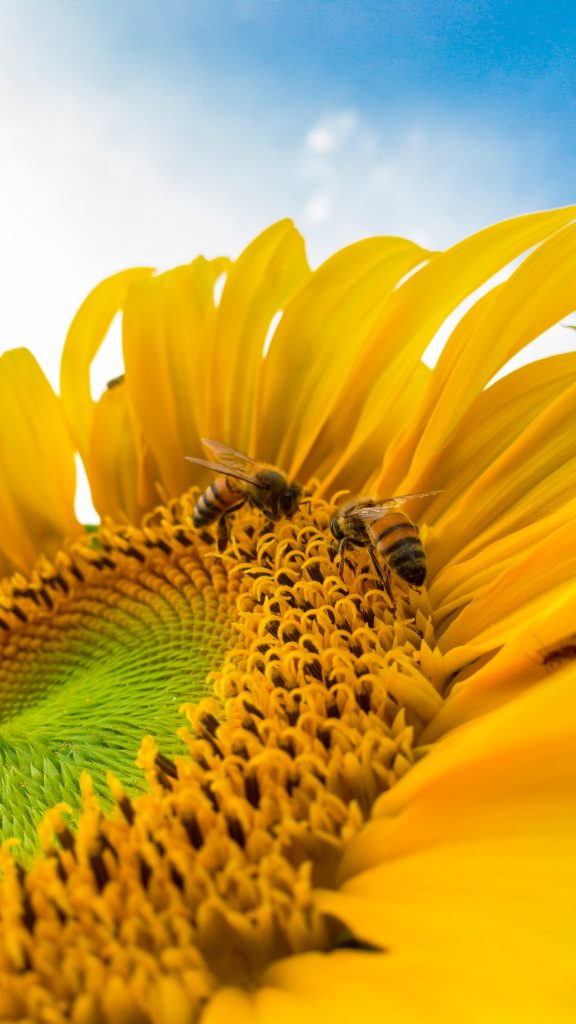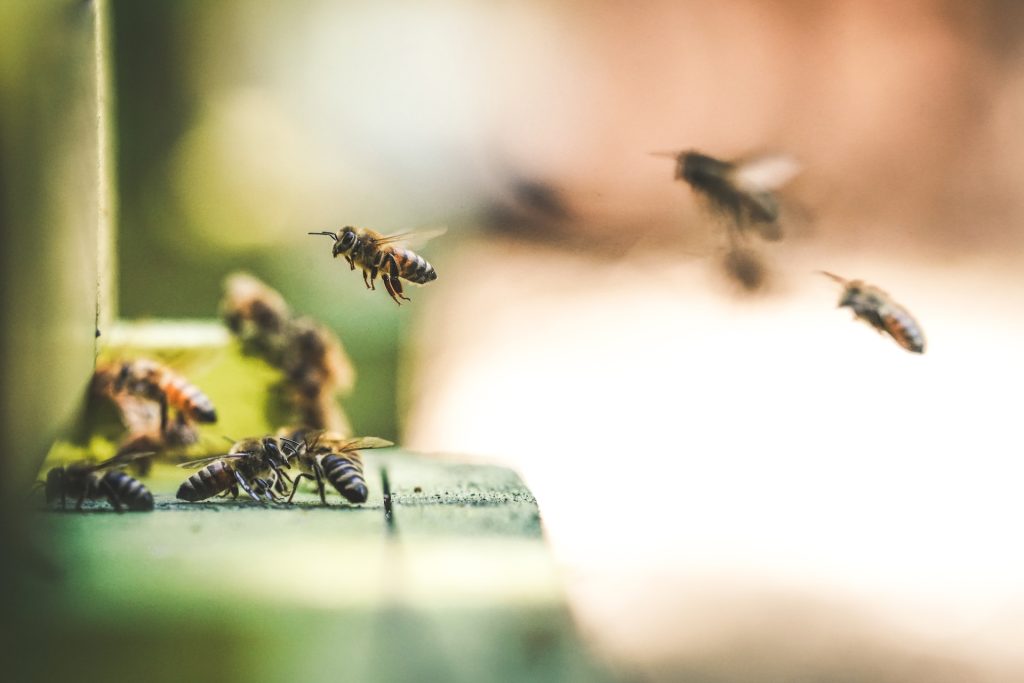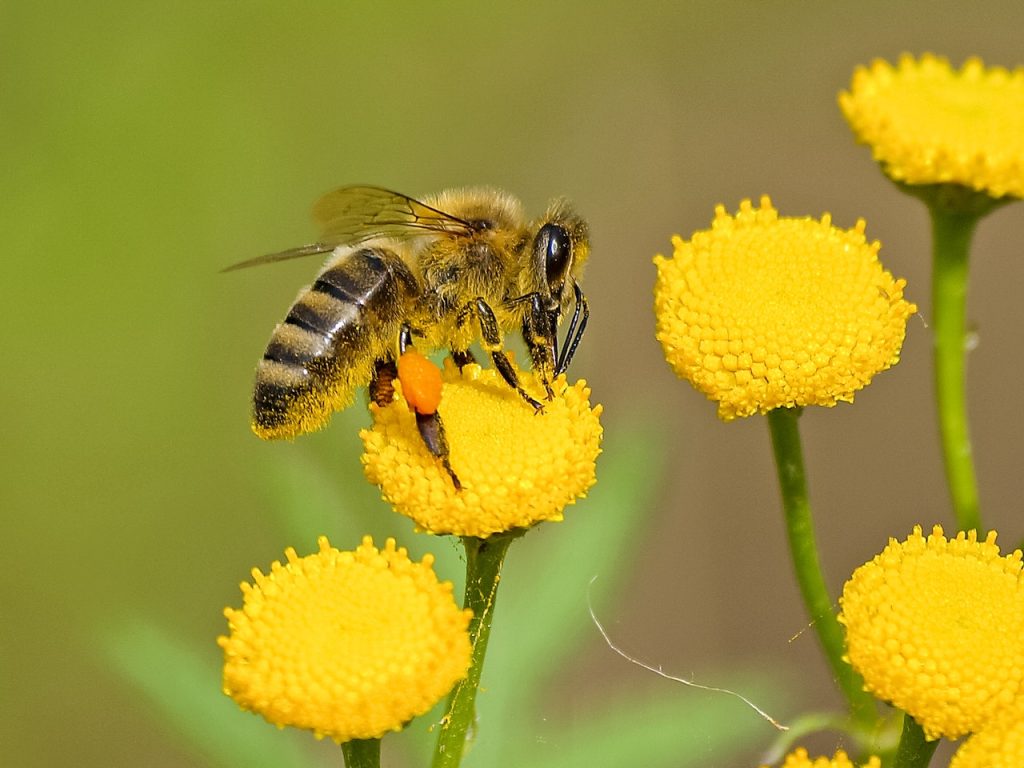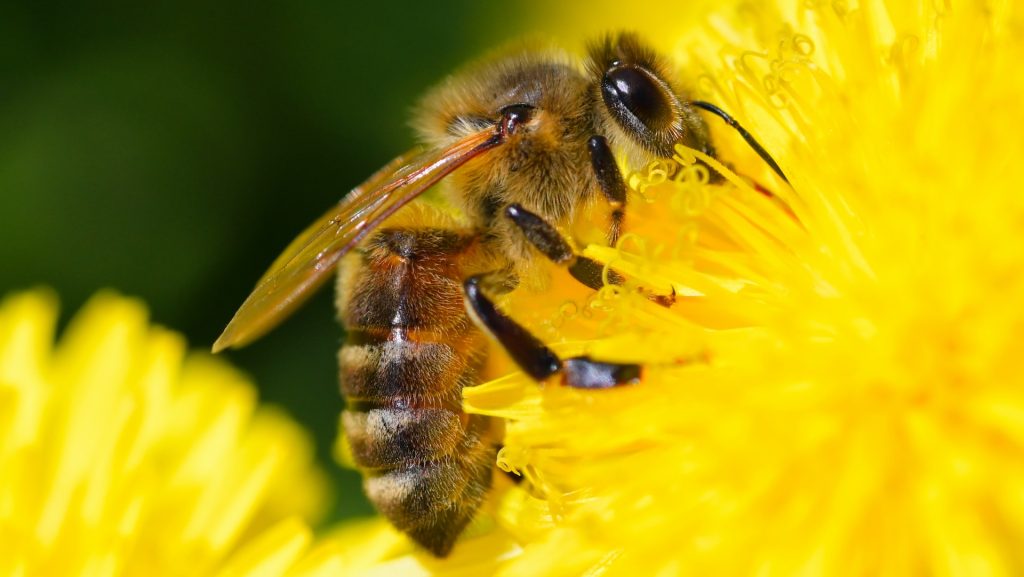Bees are an essential part of our ecosystem. They play a vital role in pollinating plants and ensuring a healthy food supply. Unfortunately, climate change is having a negative impact on bee populations. As temperatures rise, bees are struggling to adapt to changes in their environment. This has led to a decline in bee populations, which is a cause for concern. In this article, we’ll explore how climate change is affecting bees and what we can do to help.
Climate Change and Bees
Climate change is a global issue that affects all living things on our planet. It refers to the long-term changes in temperature, precipitation, and weather patterns that are caused by human activity. As the world gets warmer, bees are having a hard time coping with the changes in their environment. For example, the timing of flowering plants is shifting, which means that bees may not have access to enough food when they need it most.
Negative Impact on Bee Populations
The decline in bee populations is a major concern for our planet. Bees play a crucial role in pollinating crops and flowers, which is essential for the production of food. Without bees, our food supply would be severely impacted, and many species of plants would become extinct. Climate change is one of the biggest threats to bee populations. It can cause changes in weather patterns, habitat loss, and the spread of diseases.
Bees and the Ecosystem
Bees are an integral part of our ecosystem. They pollinate plants, which helps to maintain the balance of our ecosystem. Without bees, many plants would not be able to reproduce, and the entire food chain would be disrupted. Bees also play a crucial role in the reproduction of many wild plants, which are important sources of food for other animals.
Ways to Help Save the Bees
There are many ways we can help to save the bees. One of the most effective ways is to create habitats for bees in our gardens and green spaces. We can plant flowers that provide nectar and pollen for bees, and provide shelter for them to build their nests. Another way to help is to reduce our use of pesticides, which can be harmful to bees. We can also support local beekeepers by buying honey from them, and by advocating for policies that protect bee populations.
Conclusion
In conclusion, bees are vital to our ecosystem, and we must do everything we can to protect them. Climate change is a major threat to bee populations, but there are many ways we can help. By creating habitats for bees, reducing our use of pesticides, and supporting local beekeepers, we can help to ensure that bees continue to thrive. Let’s work together to save the bees and protect our planet for future generations.






